As the romantic comedy has retreated from the top of box offices to the middle of streaming charts, Nora Ephron's movies have been solidified as classic examples of a kind of studio movie that rarely gets the same auteur treatment nowadays. As a screenwriter for movies such as Heartburn and Silkwood, the observant wit Ephron developed out of her essay writing skills, keeps even the few stinkers in her filmography full of charming humor. Armed with stylistic flourishes from the directors of some of her early scripts, including the Rob Reiner directed When Harry Met Sally. Ephron proved an equally adept director, bringing scripts to life with intimate movement and a distinctive voice. Sharpen your bouquet of pencils because we're counting down Ephron's filmography from worst to best.
8 Bewitched
There’s nothing quite like Ephron’s film Bewitched, and that includes the television show Bewitched on which it is based. The sitcom series has a simple premise with an easy metaphor; a young couple get married, only for the bride to reveal after the wedding that she is actually a witch. The new groom implores his wife not to use her magic, to mostly unsuccessful, shenanigan-filled results. The show ran for eight seasons from 1964 to 1972, increasing in popularity after its original run as new generations rediscovered the series. A straightforward feature film adaptation had been in the works since the early '90s, with Jim Carrey at one time attached to the husband role. Once Ephron was hired on as screenwriter (and later director) by producer Penny Marshall, the script took a new form; it now was a metanarrative, partially concerned with the trouble of readapting Bewitched.
The film version stars Nicole Kidman as Isabel, a witch with a desire for a normal life. She meets the egocentric Jack Wyatt (Will Ferrell), a movie star hoping to revive his career via a reboot of the sitcom Bewitched. When Jack discovers Isabel can do the famous nose wiggle done by Samantha in the original show, he casts her in the role, not knowing she is a real witch. If that sounds confusing, you have an accurate impression of the movie. While Kidman mostly acquits herself, this belongs at the bottom of the list due to how little of Ephron’s wit is present in her script. Other than Ferrell’s signature man child screaming and a moment in which Michael Caine takes the form of the Jolly Green Giant (yes this is a real movie), this comedy is humor light, and its convoluted plot thickens into a mish-mash of flavorless paste.
7 Lucky Numbers
The only film Ephron directed without having written the script, Lucky Numbers is loosely based on a true story about a man who rigs the lottery in his favor. In this film, John Travolta stars as a local celebrity weatherman and snowmobile dealer who uses his relationship with a model/lottery ball puller (Lisa Kudrow of Friends fame) to attempt to pay off his debts. The silly series of events that unfold drive Travolta and Kudrow’s characters into deeper and deeper hot water as they recover their winnings and evade capture.
Ephron has always had a cynical streak to her films that comes out in biting one-liners, but this film’s script turns full dark comedy, and like Bewitched, it’s easy to get lost in the over-the-top performances and convoluted plot. However, there are plenty of highlights that remind us in the midst of the darkness why Ephron is such an auteur. Her direction of Travolta and Kudrow is flawless, with both giving appropriately stressed out, acidic performances in the humorless script. There is also a moment in the third act involving a semi-truck with such precise comedic timing that’s almost worth the price of tracking down this film alone; it puts to shame Christopher Nolan and his truck flip in The Dark Knight.
6 Mixed Nuts
Based on a French film called Le Père Noël est une ordure (roughly, Santa Claus is a Stinker), this ensemble Christmas comedy stars Steve Martin as a stressed-out owner of a crisis hotline as his coworkers (Madeline Kahn and Rita Wilson), neighbors (Adam Sandler and Robert Klein), and callers (including Liev Schreiber) drive him and each other absolutely insane. Set in the dreary sunshine of California during the holidays, here’s an element of a play to the narrative, which mostly involves characters walking in and out of the hotline’s offices. It’s dark, it’s strange, and it’s absolutely a Nora Ephron film, even if it doesn’t seem so on the surface. There are small moments of truth that reflect its complex subject matter, but Mixed Nuts never loses some sense of fun due to Ephron’s love for these characters in all their flaws and oddball qualities shining through.
5 Michael
Ephron’s best attempt at a supernatural comedy takes the form of Michael, starring John Travolta as the titular archangel. When two tabloid journalists (William Hurt and Robert Pastorelli) and a supposed angel expert (Andie MacDowell) discover a winged man, they negotiate to bring him back to Chicago with them to be photographed. The road trip along the way includes both a bull fight and a bar fight, a song about pie, and the world’s largest ball of twine.
Perhaps Michael succeeds where Bewitched failed because the key romance in the film is so much more believable. Hurt and MacDowell hold the screen well, and their intimacy isn’t handled like a joke. Of course, Travolta is really the star of the show, playing Michael with the oxymoron of naive omniscience. Although it is by no means the best of Ephron’s career, Michael earns a perfectly fine place in her filmography, showcasing her bright sense of observational whimsy with the way she places the camera in the film’s most intimate moments.
4 Julie & Julia
In Julie & Julia (and another film later on this list), Ephron proved to be a soothsayer for how the internet would change the way we interact with one another. The split narrative creates a contrast between the old school television celebrity and postmodern internet fame. The former is Julia Child (Meryl Streep nailing it as usual), who transforms into a cultural icon as a television chef. Crosscut with her story is Julie Powell (Amy Adams playing beautifully an annoying aspect of we who are online), a fresh blogger with a gimmick; she intends to cook every recipe in Julia Child’s first cookbook.
Ephron directly highlights parallels between the two from the opening scenes as they both move into new places; title cards indicate that Julia is moving to Paris merely 4 years post-WWII, while Julie enters Queens in 2002, with shots of the New York skyline emphasizing a fresh absence. Both characters are pushed by the ennui of their respective fallouts to attempt a new cooking hobby, and Ephron’s cleverness shines in how they obtain their aspects of fame. The star-making of Julia Child happens mostly via happy accident, and although plenty of her privileges and talent aid her journey, there’s no destination in mind. Meanwhile, from the beginning of her blog, Julie Powell desires what we would now label as clout. Her arc stems from her noticing the pestering she’s inflicted upon others in her pursuit, when truly it should have been about her connection with Julia across time and with her blog’s readers in the present. Less overtly comedic than most of Ephron’s work, Julia & Julia proves Ephron was as sharply observant of human behavior as ever to her very last movie.
Also leaving this section without mentioning how good Stanley Tucci is as Julia’s husband would be criminal; Streep is an amazing Child, but Tucci keeps their relationship cooking.
3 This Is My Life
It’s very likely most readers have never heard of this movie, which is a shame. Nora Ephron’s directing debut is one of the jewels of her career. This Is My Life follows a family composed of two sisters (Samantha Mathis and Gaby Hoffman) and a single mother (Julie Kavner, keeping her signature Marge Simpson husk) as the matriarch finds fame in a stand-up comedy career. Featuring supporting performances from Carrie Fisher and Dan Akroyd as talent agents, the film derives a lot of humor from its setting in the New York comedy scene of the early 90s. Like Bewitched, Lucky Numbers, and to a lesser extent Julie and Julia, This Is My Life satirizes the type of self-involved oddballs that pursue a career in the entertainment industry.
But the greatest tool Ephron employs is her nuanced frankness as she dissects the familial ties unwinding from sudden fame. Motherhood and daughterhood are put to the test in a semi-realistic manner, and Ephron classical but a smartly placed camera ensures that what could just be a series of conversations and fights interrupted by on stage comedy routines never gets stale. Like the other two top entries on this list, This Is My Life is unashamed of being genuine as it unites two characters together, allowing them to cry without embarrassment and laugh without remorse.
2 Sleepless in Seattle
This list’s entries aside, there’s nothing quite like Sleepless in Seattle. Many romantic comedies since have used disconnection as their main hook by placing the would-be love birds apart, but this is usually predicated on deception (Sierra Burgess Is a Loser) or some supernatural phenomenon (Your Name). Instead, Ephron just draws out the meeting between these characters as they slowly realize what they’re missing without the other. The engaged Annie (Meg Ryan) starts having doubts about whether she should be with her fiancé after hearing Sam (Tom Hanks) speak lovingly of his late wife on a radio show.
Ephron’s direction is at its peak in the subtle moments, such as Annie being able to peel an apple in one long stroke just like Sam’s wife. But she also proves she can be big, sweeping, and obvious; one opening shot frames Sam and his son in a graveyard intimately, only to pull back and reveal they are in the shadow of a city. This single shot story is importantly just a few moments later when Sam decides that the memories of his wife in the city are too oppressive, and he will have to move to Seattle. These and many of the When Harry Met Sally gender observations that Ephron’s script and behavioral direction makes are part of what make this an all-time classic.
1 You’ve Got Mail
Hanks and Ryan appeared in two other narrative features outside this list (sure you know Joe vs. the Volcano, but can you name the other one?) and it’s not difficult to see why they were cast together so often; their ability to create chemistry without needing to interact is unmatched. In You’ve Got Mail, Ephron once again pairs them together… sort of. The two leads have an online relationship in which they send instant messages back and forth without knowing they are enemies in the real world; plucky but kind Kathleen Kelly (Ryan) owns a small book store (called The Shop Around the Corner in reference to the movie of which is a very loose remake) that is being trampled by chain store Fox Books, owned by the rude Joe Fox (Hanks).
All of Ephron’s powers are focused here on the obsessions she’s always been fascinated with. There’s the weird caustic comedy, the wacky side characters (Dave Chappelle? What are you doing here?), the use of essay-like prose, the immortalization of moments and thoughts in text, the encroaching age of the internet making us self-obsessed, the praise of old school New York City, the romance of disconnection, jazz, nice adult breakups, and even the quirky satire of those who entertain for a living via Kathleen’s partner, a pseudo intellectual writer. Everything you could want from Ephron is here and more, and her ability to find humble beauty in aspects of everyday life solidify this as not only the best film she’s ever directed but one of the all-time great romantic comedies.

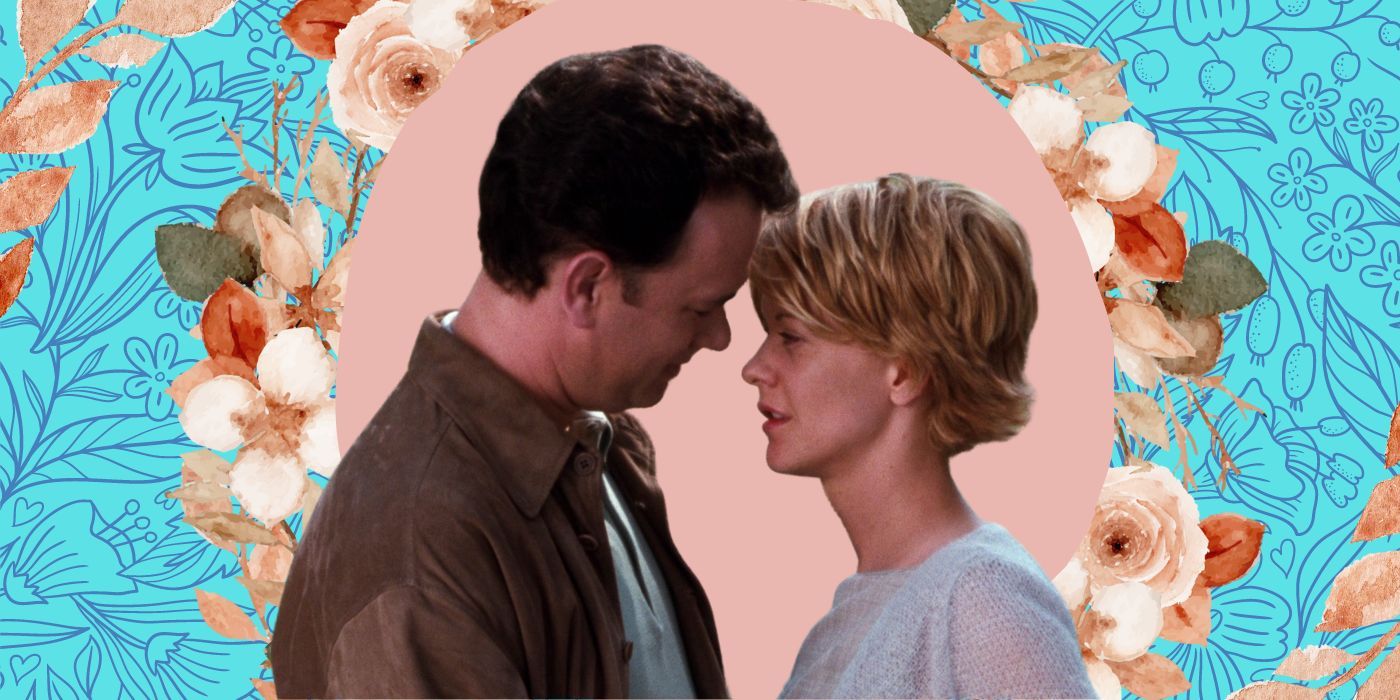
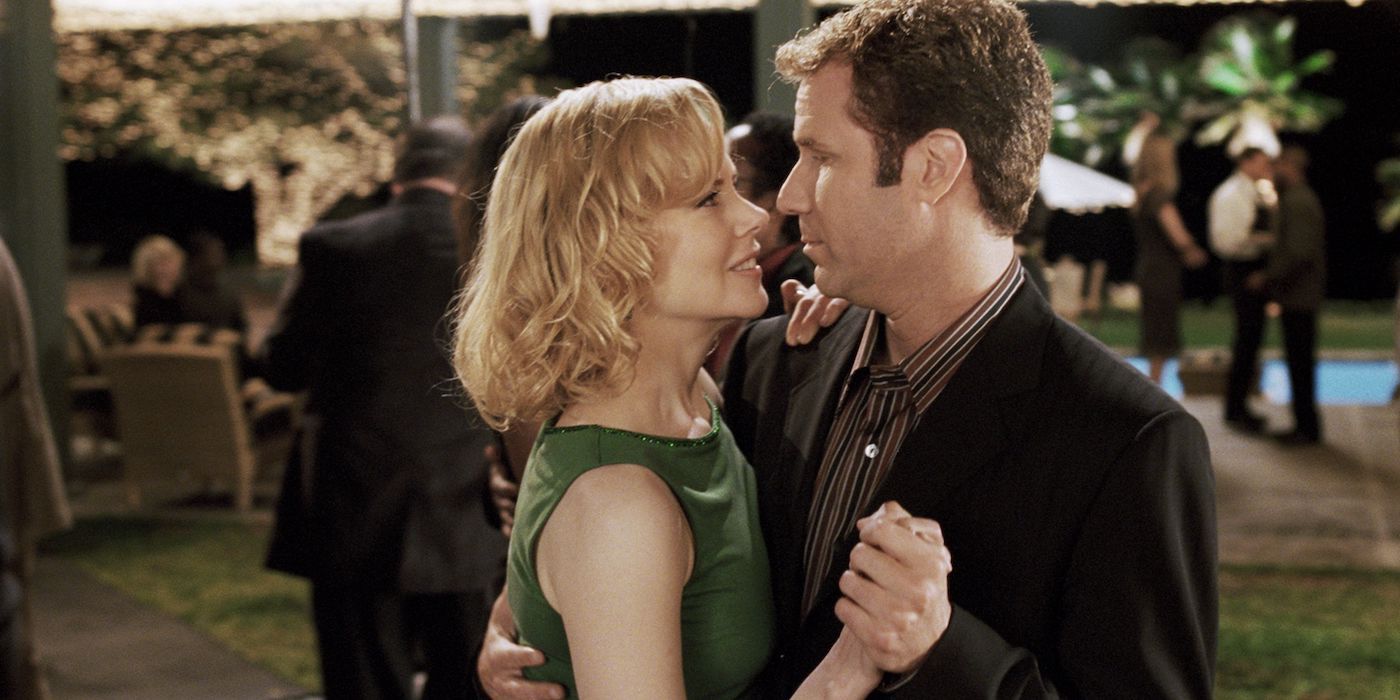
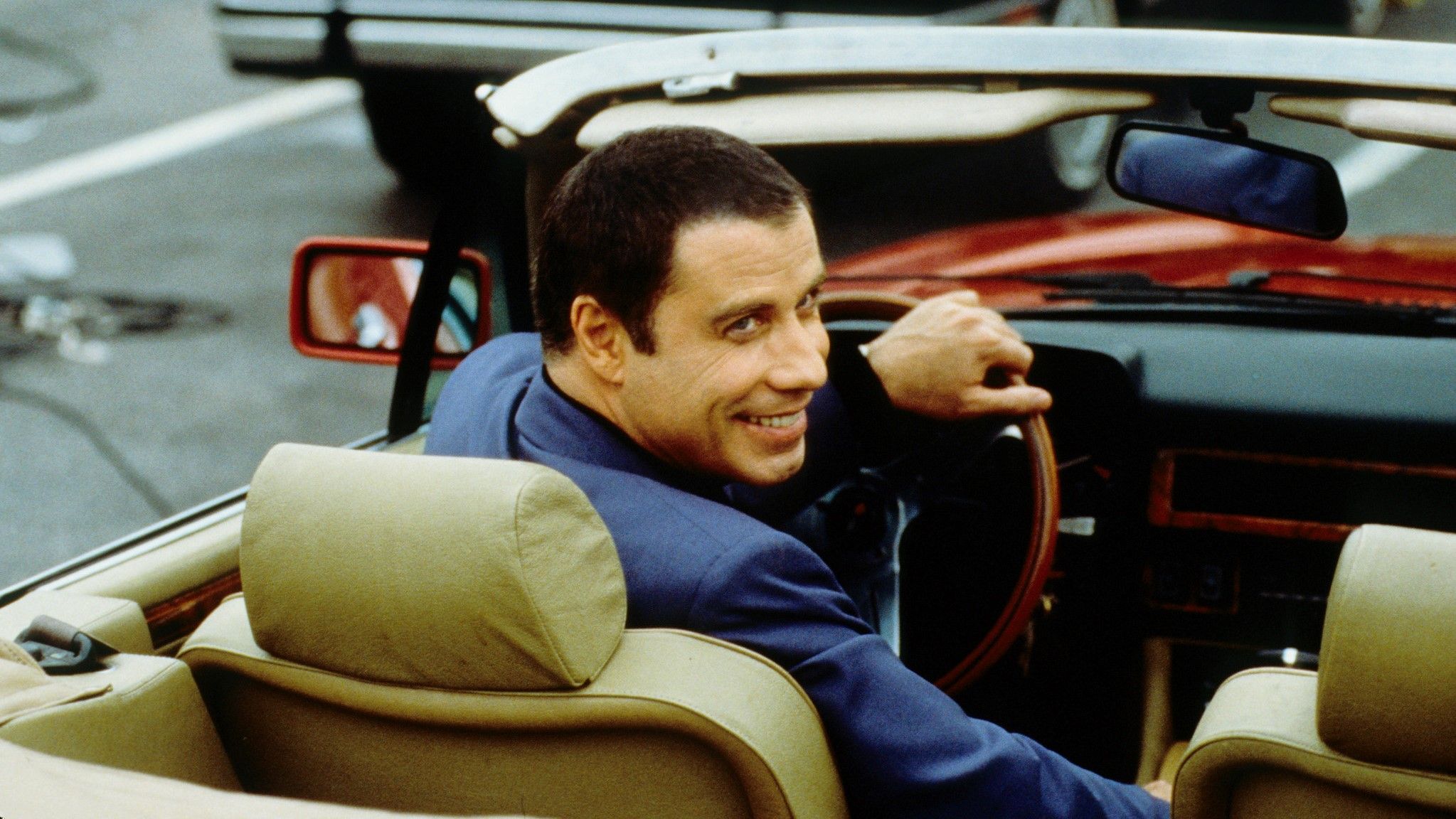
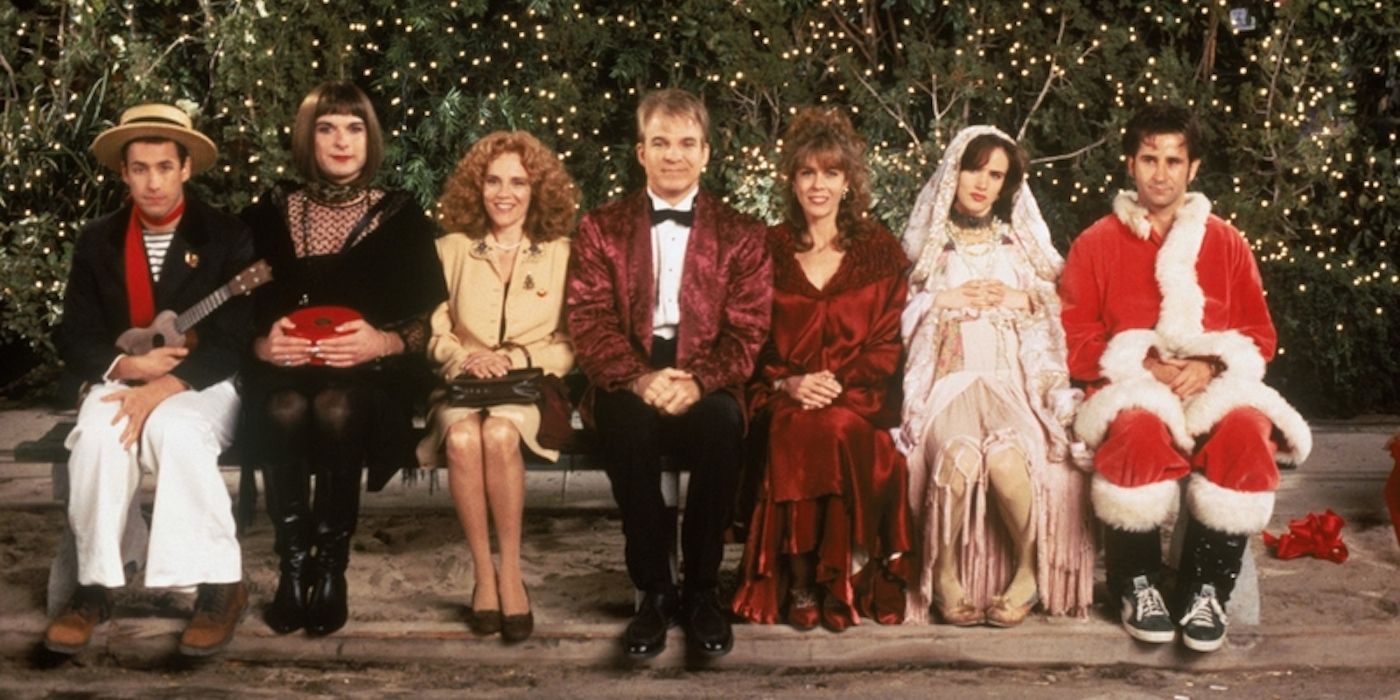
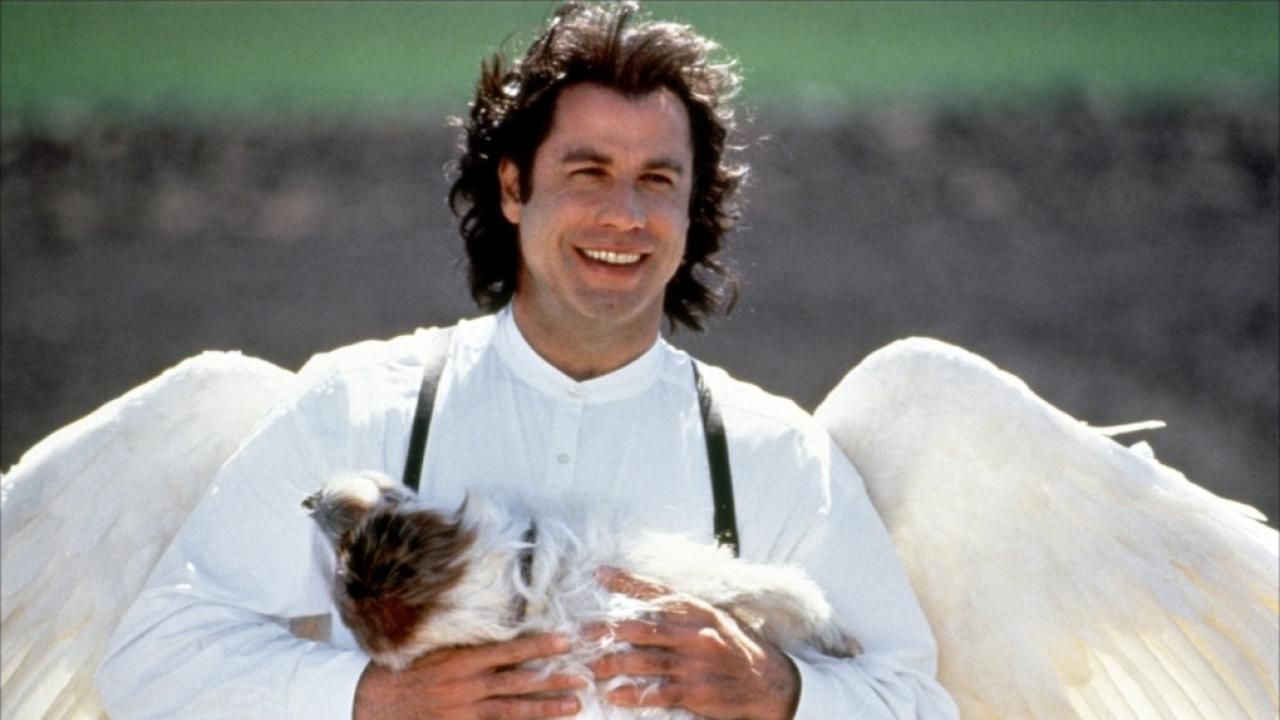
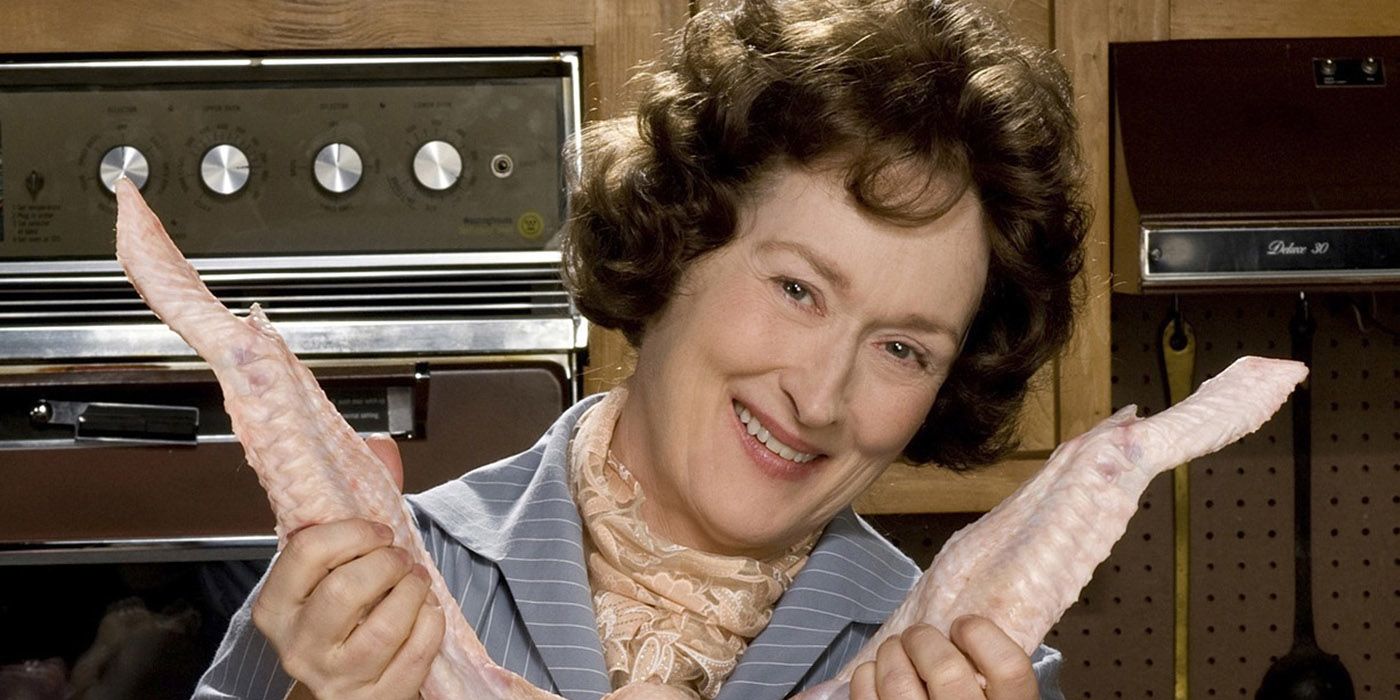
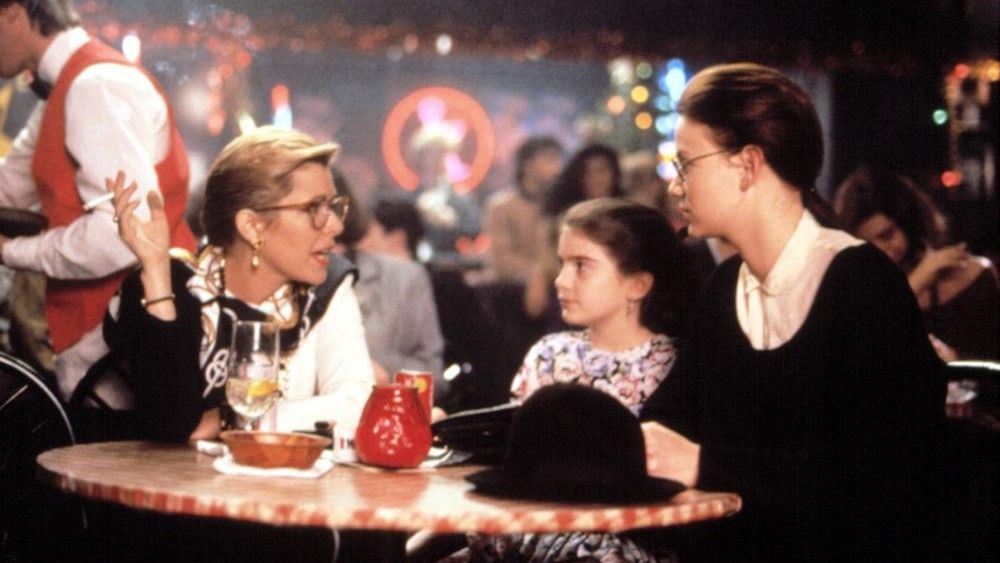
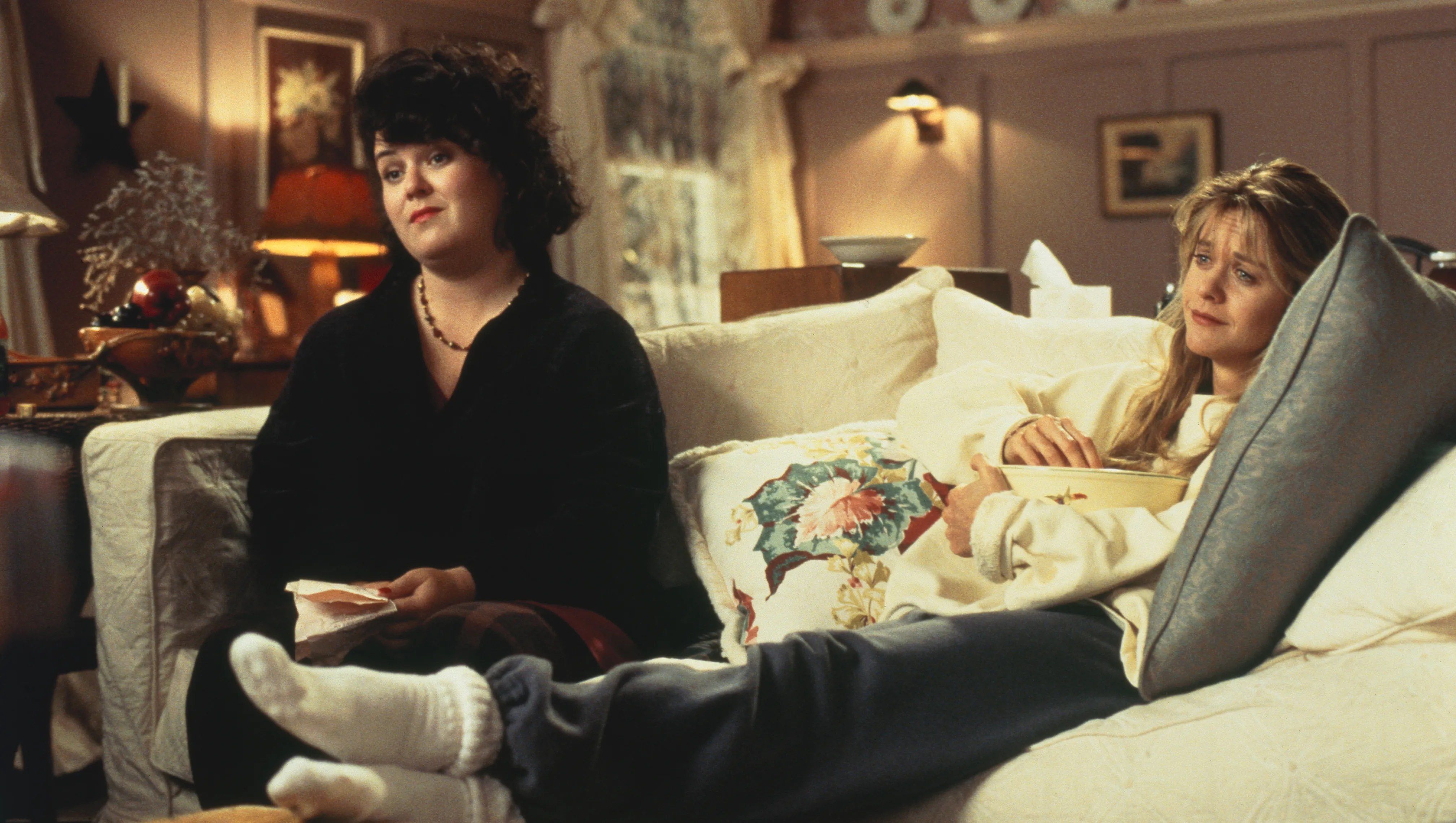
-1.jpg)